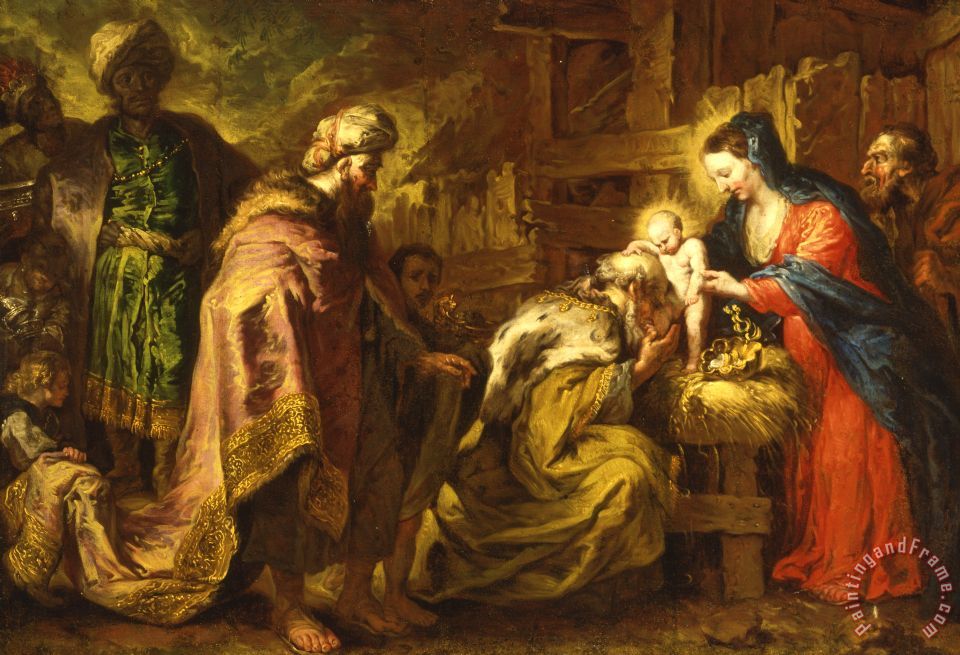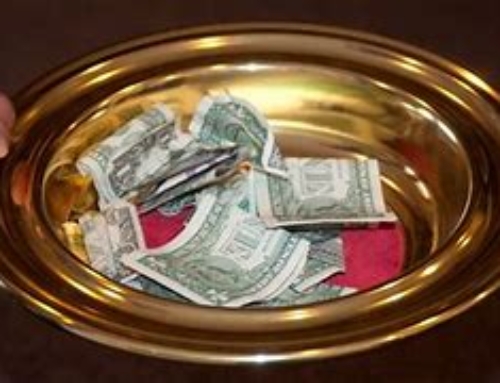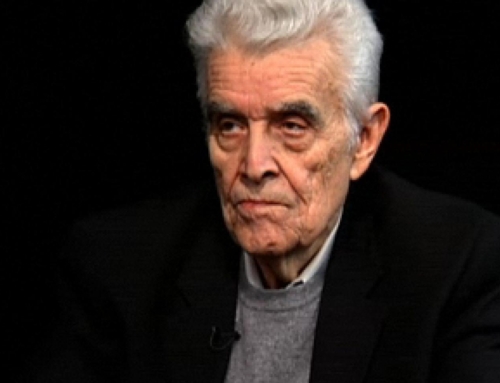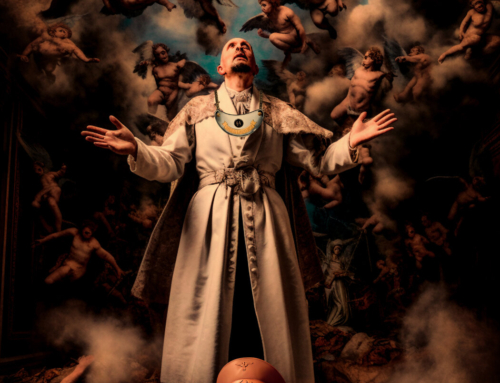One of the most interesting aspects of the Magi story is how we got it wrong for so long.
Most people (if they think the Magi were historical at all) assume they were Persian wizards. They assume this because Matthew uses the word “magoi” to speak of the wise men. The word “magoi” is a Persian word indicating the ancient caste of shamans and later Zoroastrian priests who were called “magi.”
However, there were magi in most every court of the ancient Middle East. Every king had his wise men, shamans, astrologers, prophets and soothsayers. Remember in the story in Matthew’s gospel, after he had heard the wise men, Herod called “his own wise men.”
Historians have shown that wise men called “magi” were spread throughout the ancient world and the term “magi” was used for wise men everywhere. Therefore, to limit the origins of the wise men who came to Bethlehem to Persians is a mistake. They could have been Persian, but they could have been Arabian, Egyptian, Syrian, Greek or most anything from most anywhere.
This mistake led most people to conclude wrongly that Matthew’s wise men came from Persia. In Mystery of the Magi-the Quest to Identify the Three Wise Men I dismantle this tradition and show how it was most improbably that the Magi came from Persia. Instead, for very good reasons they came from another country far closer to Bethlehem and with far better reasons for making the famous journey.
Mystery of the Magi makes a fantastic Christmas gift. Go here to purchase. The e-book is available at Amazon. You can also get the book at all good booksellers. Here is a short video about the book and a link to a review of the book.







Leave A Comment
You must be logged in to post a comment.